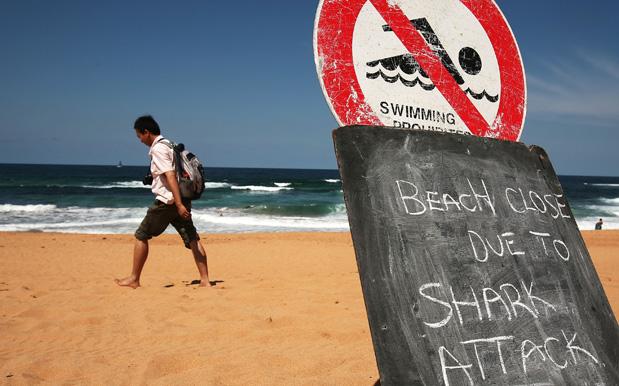Although we have seen recent shark attacks in North Carolina, California, and Australia, worldwide shark attack numbers have sunk to dramatic lows, according to experts at the University of Florida’s International Shark Attack File. This likely the effect of closed beaches and widespread quarantines of the COVID-19 pandemic.
It seems logical. Less people in the water, less shark attacks. The first six months of 2020 saw only 18 unprovoked shark bites worldwide. Last year this was 24 in the same period. In 2018 it was 28. 7 of this year’s bites occurred in the USA, two in Florida waters. Three unprovoked attacks resulted in fatalities, two in Australia and one in California, an increase from last year’s total of two deaths.
COVID-19
The ISAF experts have noted an unusual decrease in bites in recent years, with 2019’s 64 unprovoked attacks representing a 22% drop from the most recent five-year average of 82 incidents annually. But this spring and early summer’s numbers are an even more significant dip in the downward trend, said Tyler Bowling, manager of the ISAF in a press statement on the website of ISAF. “This is a sign that something else is at play. COVID-19 is the obvious answer, though there could be other factors.”
In a 20-year comparison of bites, 2020 ties 2005 for the lowest number recorded from January through May, with 15 unprovoked attacks, compared with an average of about 25. A few additional incidents remain under investigation, and bites can change classification as more information becomes available, Bowling said.
Bowling and Gavin Naylor, director of the Florida Museum of Natural History’s shark research program, investigate all human-shark interactions, with a focus on bites initiated by a shark in its natural habitat with no human provocation.
Read more at the University of Florida.

